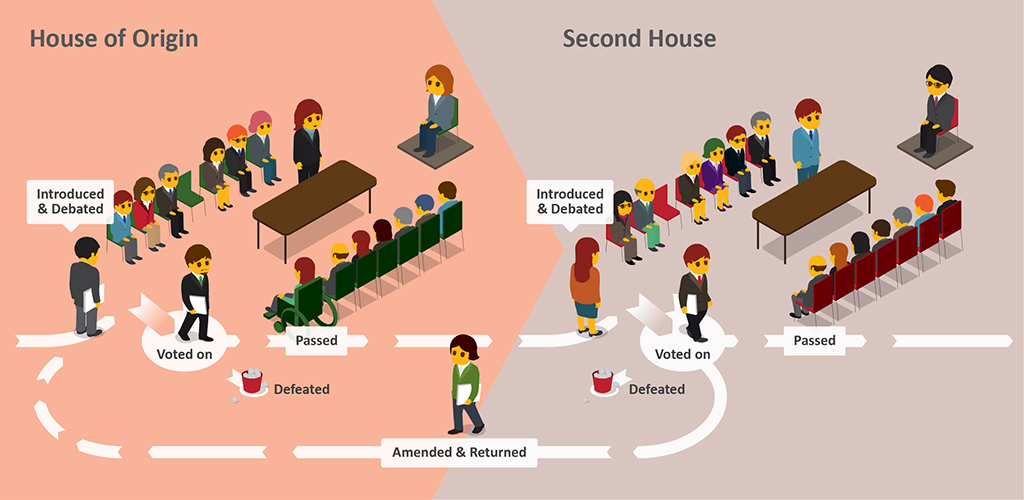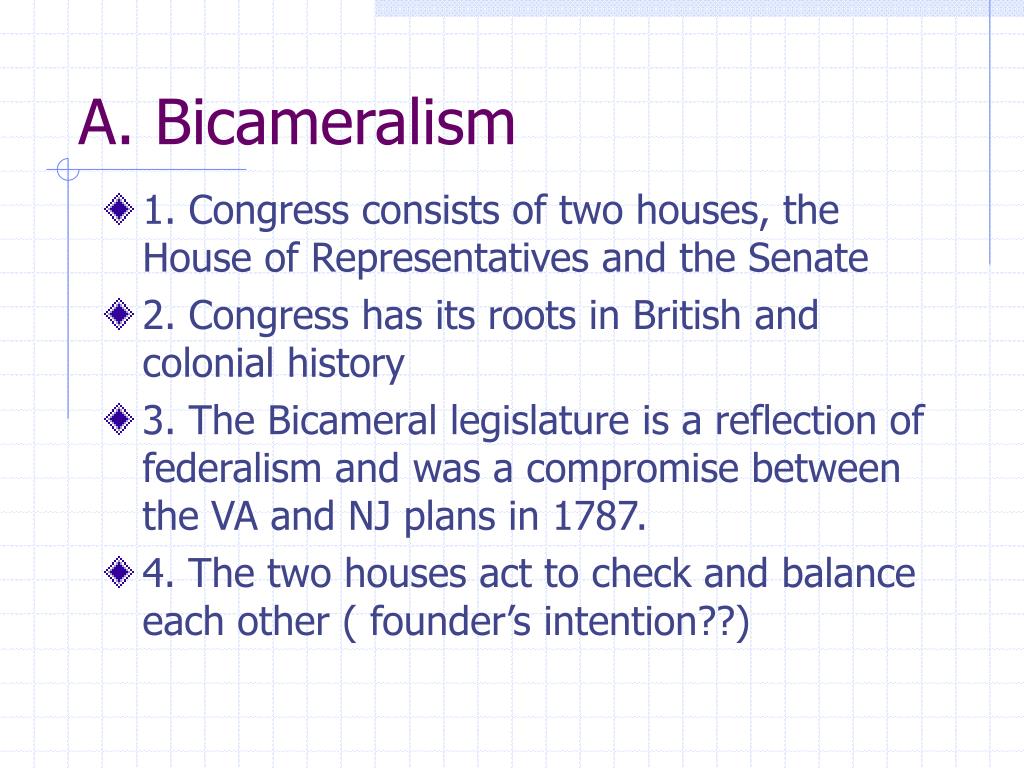· by dividing power within the legislative branch, bicameralism helps prevent the legislative branch from having too much power—a kind of intrabranch check. The system’s beginnings lie in the 17th-century english parliament with the purpose of … This structure is commonly found in democratic countries and is a key feature of the … · overview bicameralism quick reference the view that a legislative chamber should be properly composed of two houses. Bicameralism is generally associated with greater policy stability. The requirement for agreement between two distinct chambers, often with different electoral cycles and representational bases, … In government, bicameralism (bi, two + camera, chamber ) is the practice of having two legislative or parliamentary chambers. Bicameralism is a type of legislature that is divided into two separate assemblies, chambers, or houses, known as a bicameral legislature. Bicameral system, or bicameralism, a system of government in which the legislature comprises two houses. · bicameralism refers to a legislative body composed of two distinct chambers, often termed an “upper house” and a “lower house. ” these chambers function as separate entities, … Bicameralism is distinguished from unicameralism, in … Thus, a bicameral parliament or bicameral legislature is a … Having, consisting of, or based on two legislative chambers a bicameral legislature bicameralism ˌbī-ˈka-mə-rə-ˌli-zəm noun bicamerality Events since 1787 have altered both the separation of powers and the federalism bases of bicameralism through adoption of the seventeenth amendment, which resulted in the popular … Bicameralism is a system of government in which a legislative body is divided into two chambers or houses. Bi· cam· er· al ˌbī-ˈka-mə-rəl :
Bicameralism Preventing Tyranny A Founding Fathers Vision
· by dividing power within the legislative branch, bicameralism helps prevent the legislative branch from having too much power—a kind of intrabranch check. The system’s...




